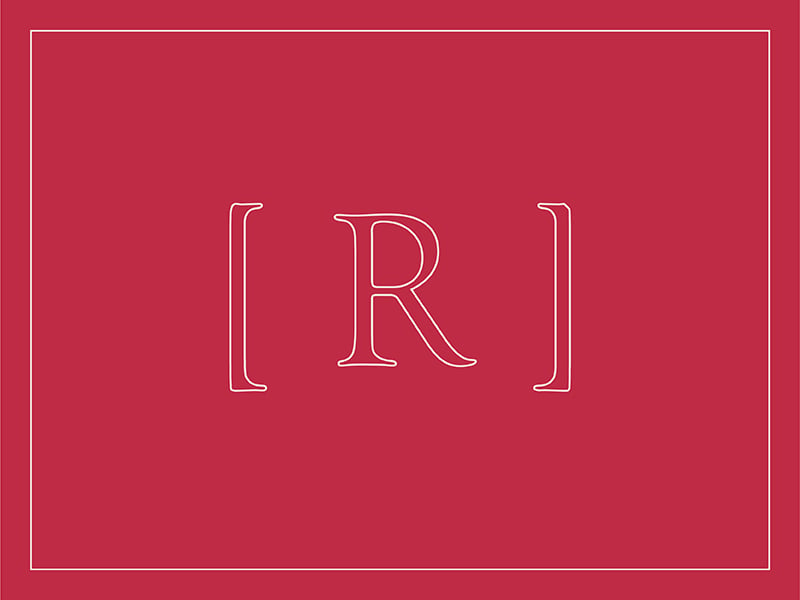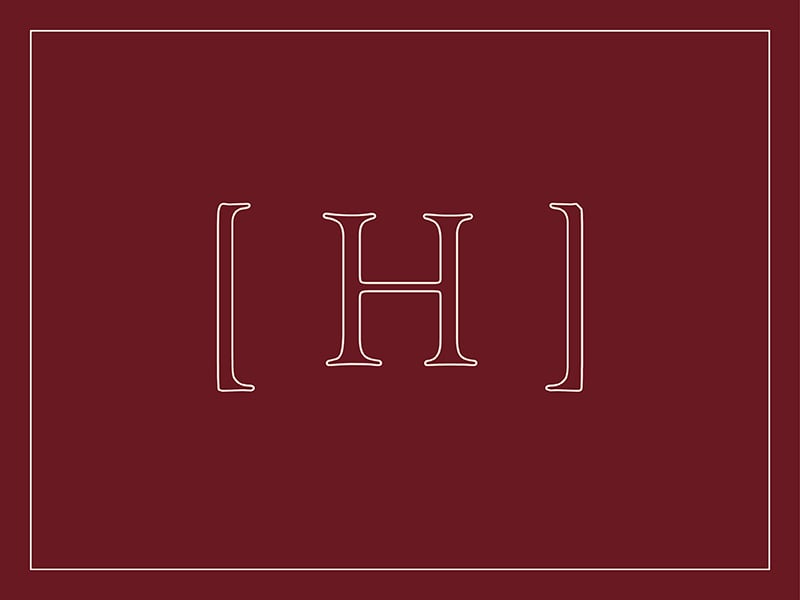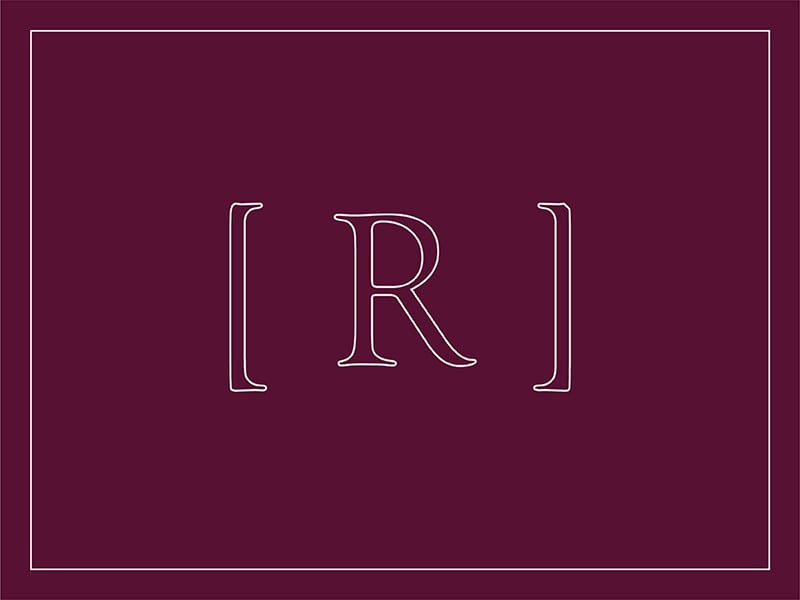“I have tried for much of my life to write as if I was composing my sentences to be read posthumously,” Christopher Hitchens wrote in his 2003 book A Long Short War: The Postponed Liberation of Iraq. “I hope this isn’t too melodramatic or self-centered a way of saying that I attempt to write as if I did not care what reviewers said, what peers thought, or what prevailing opinion might be.”
Hitchens, the Washington editor at Harper’s Magazine from 1987 to 1992, was born in Portsmouth, England, on April 13, 1949. “If there is going to be an upper class in this country, then Christopher is going to be in it,” he overheard his mother saying to his father, and her aspirations for him were fulfilled up through his acceptance at Balliol College, Oxford, where he developed an interest in Trotskyism and joined the International Socialists. He then worked for The New Statesman and edited features for Socialist Worker in his spare time.
In the mid-1970s, he denounced Jerry Falwell, Mother Teresa, Mel Gibson, Ronald Reagan, the Dalai Lama, Bill Clinton, and God. Another subject of Hitchens’s contempt was Henry Kissinger, who faced a federal lawsuit in late 2001 on charges of summary execution, assault, and other civil-rights violations in relation to a Chilean general who had been killed thirty-one years earlier. “So, comrades and friends, brothers and sisters,” Hitchens concluded in a lecture at Whitman College in Walla Walla, Washington, on the day the suit was filed, “we shall be able to say that tomorrow—September 11, 2001—will long be remembered as a landmark day in the struggle for human rights.” His wife, Carol Blue, called him from the East Coast early the following morning. “If you turn on the TV,” she said, “you may find that the war-crimes trial of Henry Kissinger has been slightly postponed.”
Hitchens supported the subsequent wars in Afghanistan and Iraq. “Some of us have been in this struggle against theocratic fascism for longer than the Bush family,” he said, “and we are of course perfectly happy to welcome them to the struggle.” Hitchens had first found a foe in what he would later call “Islamofascism” after the violent reactions among some Muslims to his friend Salman Rushdie’s The Satanic Verses, including Ayatollah Ruhollah Khomeini’s 1989 fatwa calling for Rushdie’s execution. “I felt at once that here was something that completely committed me,” Hitchens said. “It was, if I can phrase it like this, a matter of everything I hated versus everything I loved. In the hate column: dictatorship, religion, stupidity, demagogy, censorship, bullying, and intimidation. In the love column: literature, irony, humor, the individual, and the defense of free expression.”
Hitchens discovered that he had esophageal cancer while on tour promoting his memoir, Hitch-22 (2010). “Of course my book hit the best-seller list on the day that I received the grimmest of news bulletins,” he wrote. “But irony is my business and I just can’t see any ironies here.” A reporter at The Atlantic floated the likelihood that some people might hope, despite Hitchens’s avowed atheism, that his diagnosis might lead him to recognize “the salvation of Jesus.” “The entity making such a remark might be a raving, terrified person whose cancer has spread to the brain,” he replied. “I can’t guarantee that such an entity wouldn’t make such a ridiculous remark, but no one recognizable as myself would ever make such a remark.” Instead, when he passed away on December 15, 2011, his final words were reportedly, “Capitalism. Downfall.” The United States formally declared an end to the Iraq War the same day.





























































































































